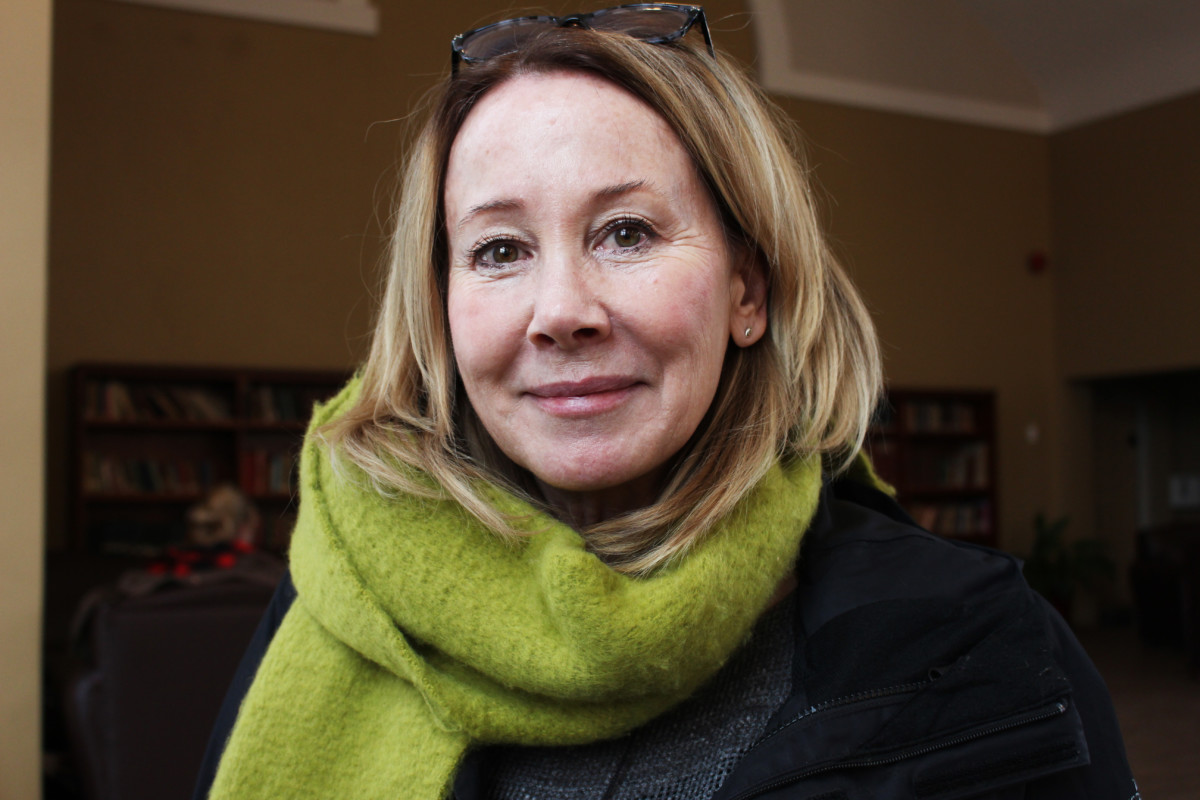Victoria Narváez, a fourth-year psychology student at St. Thomas University, said her father is religious and sexist, something she said is the “perfect definition” of a boomer.
“To finally have something that I wouldn’t have to explain to him and just be like, ‘OK boomer,’ is kind of hilarious,” Narváez said.
Narváez said her father thinks she’s naive because she doesn’t judge people based on their sexuality or race. He also didn’t want her to attend university because she was getting married.
Narváez said it’s not easy to argue with her father about his viewpoints because he believes it’s not her place.

“I think they see everyone who thinks differently than them as naive,” Narváez said.
“I think that’s really funny considering they’re the ones with the limited view.”
The phrase, OK boomer became a popular meme through a song on the social media app, TikTok. On the app, whenever millennials or generation Z see something a baby boomer, someone born in the years 1946 to 1964, would sterotypically say or do, like denying climate change, they’d say “OK boomer.”
Some boomers, like radio host Bob Lonsberry, believe the phrase is the “N-word of ageism.”
But Kim Mares, 62 and a third-year criminology student at STU, said it’s a way for the younger generation to say, “This is our voice.”
Mares said she’s encouraged by the younger generation because of their activism when it comes to politics and climate change.

While the term OK boomer doesn’t bother her, Mares said she often feels ignored by the younger generation because she’s a boomer. She said it’s like the younger generation is telling her to get out of the way because it’s their time now, which is a shame because it prevents wisdom from being passed down.
“Each generation … has a wisdom to it,” Mares said.
“We still have things to say, we still want to do things and we want to contribute, but I don’t think the younger generation knows how to access that information.”
Asking questions is a good way to access information, Mares said. She asks her children, who are in their 30s, questions all the time about the internet and what’s going on in the world. For her, being a part of the world is asking questions and being interested in what others are doing.
Hannah MacQuarrie, a third-year gerontology student at STU, said OK boomer is problematic.
She said there’s often a stereotype that baby boomers often think the younger generation is lazy or addicted to technology. Still, she said when younger generations say “OK boomer,” it’s no different than older generations calling younger generations “snowflakes.”
“Using terms like OK boomer to represent an entire generation and their behaviour pushes the divide between generations even further,” she said.

MacQuarrie said it’s important for the younger generation to speak with baby boomers to help understand their point of view. Millennials and generation Z can make assumptions based on history and what they know about that era, but they won’t be able to understand what the boomers lives were like or why they may have certain biases.
“It comes down to giving [boomers] that understanding and openness, but also making it clear that you expect the openness and understanding when it comes to yourself as well.”

